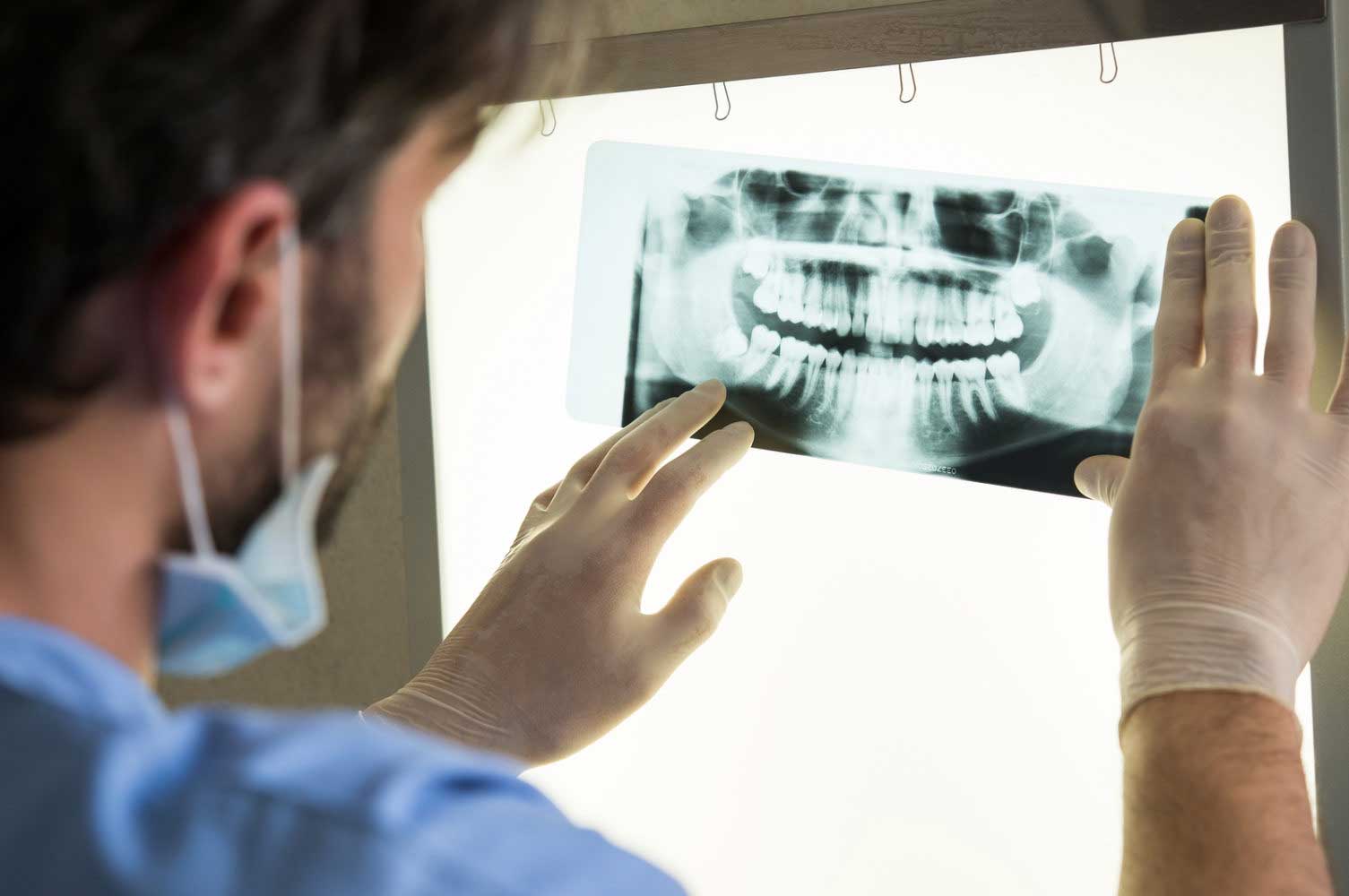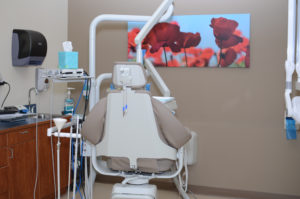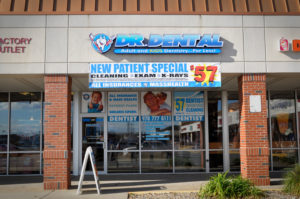
Dental implants are considered a standard solution for replacing failing or missing teeth. Functioning as a substitute tooth root, the natural tissue in the bone is attached to the implant, and forms a solid groundwork for permanent substitute teeth that function, look and feel like natural teeth.
Dental implants protect the bone by offering the stimulation that was previously supported by natural tooth roots. This also helps maintain good facial structure.
Types of Dental Implants
Endosteal (In the Bone)
The most common type of dental implant, there are various types of endosteal implants, including cylinders, screws, and blades. They are placed into the jawbone. The implant holds one or more prosthetic teeth and is generally used as a solution for patients with removable bridges or dentures.
Subperiosteal (On the Bone)
Subperiosteal dental implants are located on top of the jaw. The metal structure’s posts protrude through the gum for supporting the prosthesis. These implants are more common for patients who are incapable of wearing conventional dentures or have minimal bone height.
When Do You Need A Dental Implant?
As long as you have good oral health, you are eligible for a dental implant surgery. There should be adequate bone in your jaw to support the implant as well. The best candidates possess healthy gum tissues without any periodontal disease. Dental implants are linked closely with the underlying bone and the gum tissues in the mouth. Professional dentists do a great job of placing dental implants with a procedure.
The Procedure
This procedure is usually a joint effort between your dentist, your periodontist and you. After proper consultation regarding how and where the implants should be placed, a treatment plan is customized to meet the patient’s needs. Depending on your specific location, condition and the type of implant selected, the procedure is carried out. The dentist will:
• Replace A Single Tooth: One implant and a crown if you are missing a single tooth
• Replace Several Teeth: Implant-supported bridges are used to several missing teeth
• Replace All Your Teeth: Full denture or an implant-supported full bridge is used for replacing all teeth
Sinus Augmentation
The success of a dental implant more or less relies on the strength of the bone on which it is placed. Generally, placing an implant in the upper back jaw has proven difficult because the quality and quantity of the bone there is not up to par, and also because it is close to the sinus. This is why sinus augmentation may be required, where the sinus floor is raised and then bone constructed for receiving the implant.
Ridge Modification
If you have any deformity in your upper or lower jaw, it can compromise the strength and density of the bone. Ridge modification is done to provide adequate bone structure, using a bone substitute, on which the implant will be placed. This procedure also enhances your appearance as well as makes your dental implants more durable and long-lasting.
Does It Hurt?
Dental implants are more convenient as compared to tooth extractions and are usually performed under local anesthesia. Even though the procedure is painless, there may be some discomfort for at least a week after the surgery. The dentist may give you a sedative to relax if there are any complications.
Benefits of Dental Implants
A dental implant restores a lost tooth and it functions and feels like a natural tooth. Other options may lead to bone deterioration or can even give you trouble while speaking, eating and smiling.
Durable
Dental implants are not temporary and serve as a long-term solution. Conventional, tooth-supported bridges may endure five to seven years of use whereas dental implants with periodic adjustments and diligent care, can last a lifetime.
No Slips
Dental implants will let you carry your teeth wherever you go. You don’t have to worry about your dentures falling out. A regular brushing, flossing and cleaning routine can make dental implants function like natural teeth. Unlike dentures, dental implants are fixed and they blend naturally with your jawbone. This means they don’t click, shift or move while eating or speaking.
Teeth Protection
Dental implants go in the jawbone, where your missing tooth root was, without any effect on healthy and adjacent teeth.
A Safe Method
Dental implant treatment is safe with long-term results and is considered more reliable than bridgework and retreatment of failed root canal therapy.
Cost of Dental Implants
Implants costs can range from $1,000 to as high $4,000. There are various factors which affect the cost of dental implants. The procedure should be performed by an experienced dentist. Make sure you opt for a dentist who has the necessary qualifications and expertise for it. You can ask your dentist like teeth in a day Raleigh about any questions or concern you have.
Taking Care of Dental Implants
Good oral hygiene is imperative for taking care of your implant. Apart from regular dental visits, you should practice a daily routine of flossing and brushing. Make sure you use antibacterial toothpaste for fighting and reducing plaque.
Taking good care of dental implants is crucial because inadequate oral hygiene can eventually lead to problems. As bacteria begin to multiply on the surface of the implant, it can go up to dangerous levels, resulting in gum inflammation, known as mucositis. Failure to treat this often results in peri-implantitis due to bone loss around the implant.
Final Thoughts
If the jawbone is not supporting a natural tooth, it weakens over time. Through a dental implant, the natural bone in your jaw can be preserved and stimulated. In fact, dental implant is the only procedure which effectively prevents bone loss and supports bone growth.
Most dental implants are made from titanium, allowing easy integration with your jawbone. Technology and advancements in dental procedures have resulted in a higher success rate for dental implants. As a face without teeth may appear sad and sunken, dental implants are among the best treatments you can opt for to maintain a good facial structure. Empty spaces in the mouth after losing teeth also cause health concerns, such as loss and weakening of your jawbone.











